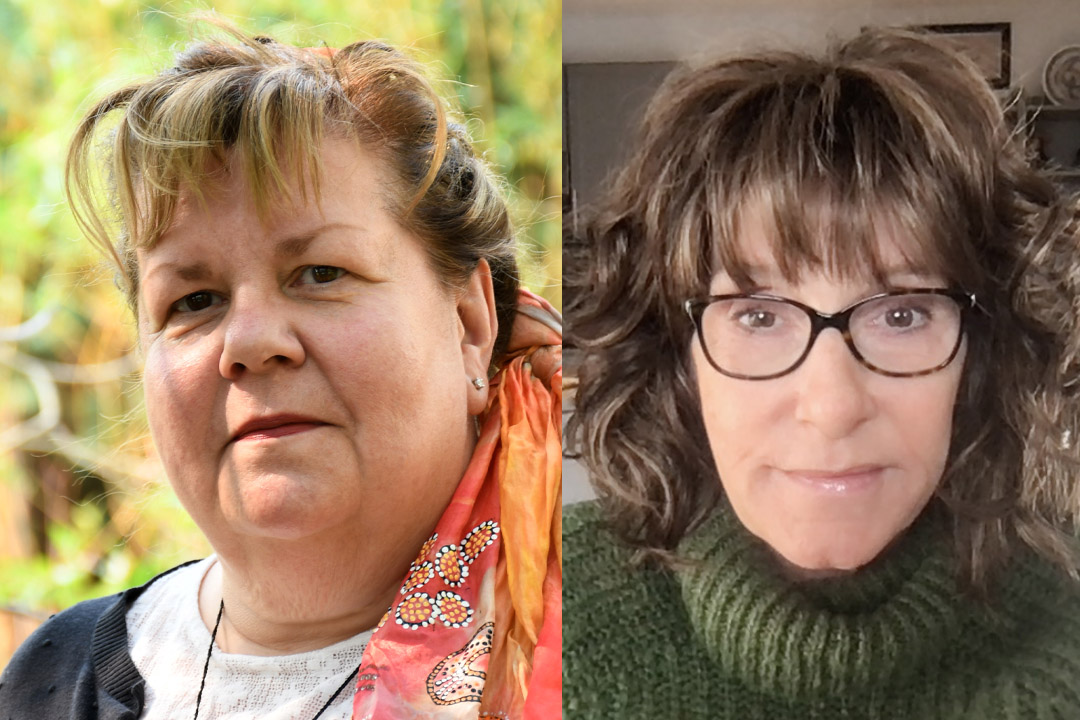
Innovative Hepatitis C Roadmap aims to boost access to care in the Prairies
A new evidence-based resource has been launched to help eliminate hepatitis C as a public health threat in the Prairie provinces.
The ‘Journeys to Wellness: Prairie Hepatitis C Roadmap’ is the result of a two-year project spearheaded by the Waniska Indigenous Centre, based out of Pewaseskwan (the Indigenous Wellness Research Group) at the University of Saskatchewan (USask).
The Roadmap contextualizes the Canadian Network on Hepatitis C (CanHepC) Blueprint to Inform Hepatitis C Elimination Efforts in Canada and was developed through a lived experience and community lens. The Roadmap assesses the context, challenges and enablers to hepatitis C care and suppression, and includes priorities to address the hepatitis C wellness journey in Alberta, Saskatchewan and Manitoba.
Hepatitis C is a liver infection caused by the hepatitis C virus (HCV). Hepatitis C is curable, and early treatment can prevent serious complications, such as liver scarring and liver cancer. Indigenous people, immigrants, newcomers from countries with higher rates of hepatitis C, people who are incarcerated, people who use drugs, and 2SLGBTQ+ individuals are disproportionately affected.
Rooted in Indigenous ways of knowledge sharing, the Roadmap addresses the investments and policies needed to ensure equitable access to hepatitis C testing, treatment and care. The Roadmap emphasizes that until social, economic and personal wellness factors are considered, any plan narrowly focused on medical treatment will (and consistently does) fail because it overlooks the broader aspects of person-centred wellness.
Waniska developed the Roadmap with the support of dedicated team members, participating organizations, passionate community members, and experts. The project was completed under the guidance of Dr. Alexandra King (MD), project co-chair (Saskatchewan), associate professor in the College of Medicine and Cameco Chair in Indigenous Health and Wellness, and Carrielynn Lund, project co-chair (Alberta).
“We are at a critical moment for hepatitis C,” said King. “We can and must do health care differently, so it works for everyone. This Roadmap is intended to help galvanize our response and to pull all the key stakeholders together so we can better serve those living with hepatitis C.”
Guided and enriched by a community guiding circle that included Indigenous Elders and Knowledge Holders, government and service providers, over 60 individuals were consulted during the research phase, 25 of whom were people with lived/living experience with hepatitis C. The Roadmap was supported by a broader collection of stories from community leaders, stakeholders, clinicians, and partners. These stories and insights helped create nine key themes and actionable priorities.
“The Roadmap is designed to ensure that no one is left behind,” said Saydi Harlton, Waniska’s former project co-ordinator. “By removing barriers and strengthening collaboration among health-care providers, communities and policymakers, we can create a future where everyone has access to the care they need. Together, we can reshape hepatitis C outcomes and build healthier, more resilient communities across our provinces.”
Join us for the CanHepC Prairie Hepatitis C Roadmap - Virtual Launch Event on December 10.
